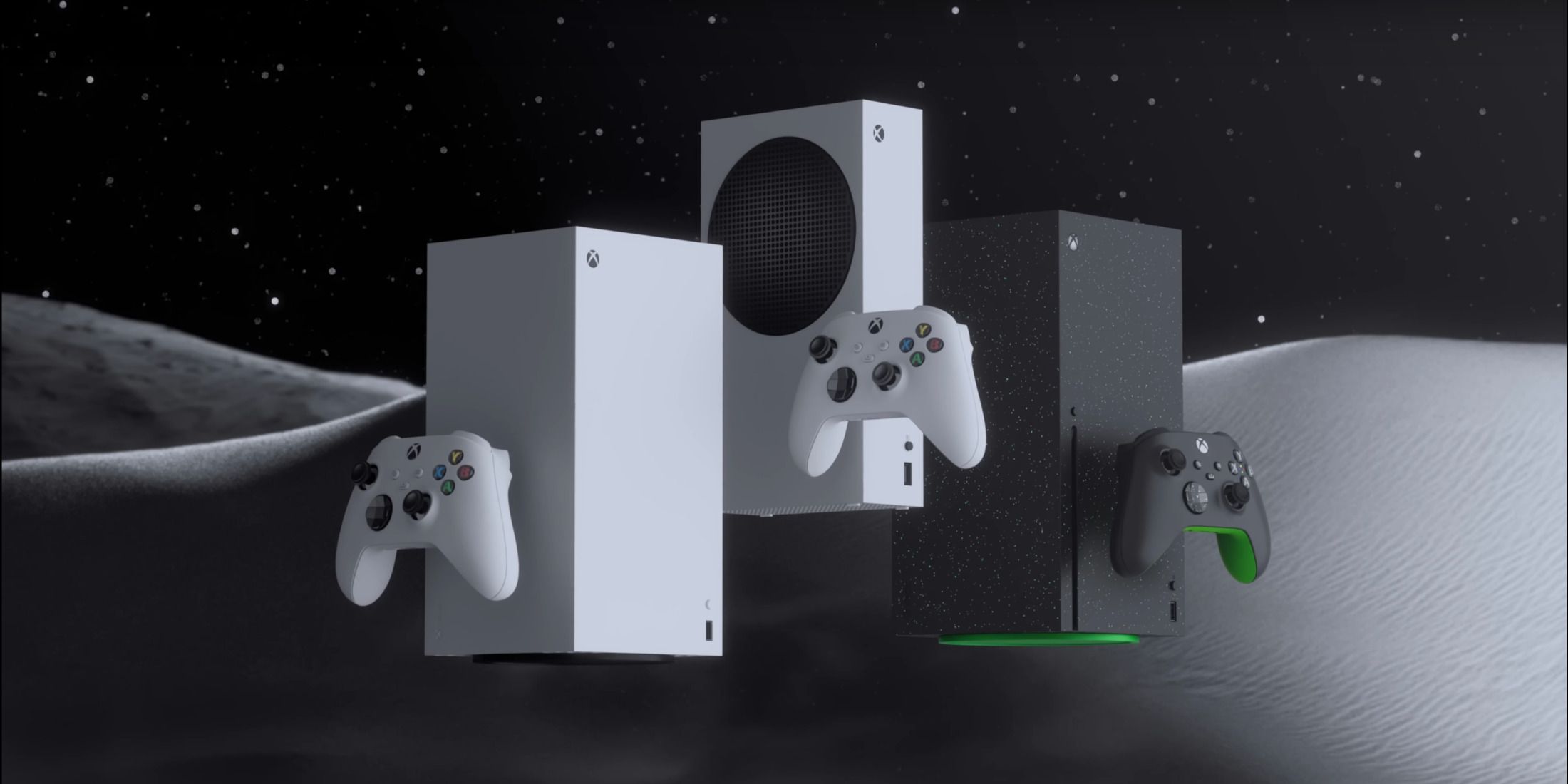Microsoft is reportedly considering scaling back marketing efforts for Xbox consoles in certain regions, particularly in Europe, the Middle East, and Africa (EMEA), due to lagging sales compared to its competitor, PlayStation.
While Microsoft has not disclosed exact sales figures for the Xbox Series X/S since 2015, industry analysts estimate that the consoles have sold between 25 and 30 million units globally. This pales in comparison to the PlayStation 5, which has sold nearly 60 million units as of May 2024, nearly doubling the estimated Xbox install base.
The potential shift in marketing strategy comes after Microsoft's $68.7 billion acquisition of Activision Blizzard King, a deal that has brought increased scrutiny to the company's gaming operations.
According to "The Notepad," a newsletter by reputable industry insider Tom Warren for The Verge, Microsoft may be opting to focus marketing efforts on promoting its Game Pass subscription service, Xbox controllers, cloud gaming, and PC gaming, rather than pushing Xbox console sales in the EMEA region. This could also translate to a decrease in Xbox console stock allocated to the region.
While Warren emphasizes that this information is based on a "tip" and has not been fully verified, it wouldn't be entirely surprising considering the current console generation is halfway through. PlayStation has been dominant in the EMEA market for some time, leading Microsoft to potentially cut its losses and focus on other avenues for growth.
This shift in focus doesn't necessarily signal Microsoft abandoning the console market entirely. The company has confirmed plans for a next-generation Xbox console, with rumors suggesting a possible release in 2026. This new console could potentially be a handheld device similar to the ROG Ally, bringing Microsoft's gaming experience to a wider audience.
Despite the potential shift, Microsoft continues to prioritize consoles, as evidenced by CEO Phil Spencer's comments acknowledging the sales disparity between the two console giants while expressing confidence in upcoming games to potentially turn the tide.
Ultimately, the future of Xbox consoles remains uncertain. While Microsoft may be scaling back marketing efforts in certain regions, it's crucial to remember that this move could be a strategic pivot towards other growing areas within the gaming landscape. The company's commitment to innovation, particularly in the realm of cloud gaming and subscription services, could ultimately lead to a resurgence for Xbox, even if the traditional console market sees a reduced focus.
Article
Technology

Xbox Shifts Focus: Microsoft May Scale Back Console Marketing

